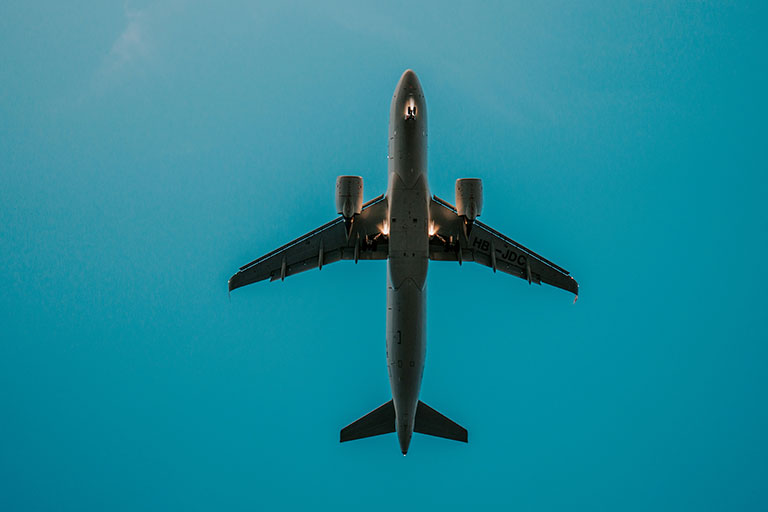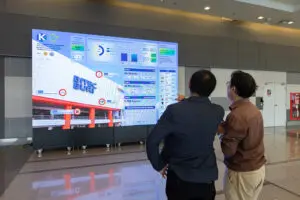The government will introduce a charter of customer rights for commercial aviation in Australia and an aviation industry ombuds scheme.
The ombuds scheme will handle dispute resolution relating to the conduct of airlines and airports, direct airports and airlines to provide specific remedies to customers where required, produce reports on the conduct of the aviation industry and refer systemic misconduct in the aviation sector for further investigation and possible further measures by the Australian Competition and Consumer Commission (ACCC).
The ACCC has already been directed by the government to monitor airline prices, costs and profits.
The ombuds scheme will also develop the charter of customer rights, which will set out clear expectations including entitlement to refunds and timeframes in which these must be processed, the length of an “unreasonable” flight delay, the reasons for flight cancellation or delay that are considered within airlines’ control and any other expectations for airlines in servicing customers whose flights have been cancelled or delayed.
Under other changes, airlines will be required to explain flight delays, cancellations and disruptions to the government.
The aviation white paper also addresses the take-off and landing slot allocation arrangements at Sydney Airport, with submissions for the white paper suggesting the current system is a barrier for new airlines looking to enter the market.
The government says it will find an independent manager to oversee slot allocation at the airport, with the current system managed by a company that is part owned by both Qantas and Virgin Australia alongside Sydney Airport and the Regional Aviation Association of Australia.
All of these measures are designed to boost transparency, customer service and competition in Australia’s aviation industry.
The white paper also flags the establishment of aviation-specific disability standards, to make air travel more accessible for people with disabilities, and outlines a variety of actions it is taking to help the airline industry decarbonise, including making local production of sustainable aviation fuel a priority.
The paper acknowledges the decrease in competition in domestic aviation following the collapse of both Bonza and Rex this year.
However, even when those two airlines were both still operating, Qantas and Virgin delivered 93 per cent of flights within Australia in March this year.




















